QUESTION:
What is Bid’ah? I hear this term used quite often in some lectures and amongst my friends whilst arguing. Is all Bid’ah bad? Please shed some light on this term according to the correct Islamic understanding.
ANSWER:
In the name of Allah al-Rahman al-Rahim
All praise belongs to Allah and may his peace and salutations be upon our Liege Lord Muhammad and upon his pure family and his righteous companions and all those who follow them in sincerity until the last day.
Towards understanding Bid`ah (Innovation).
The concept of bid`ah (innovation) has become a much debated topic in recent times. Such is the confusion surrounding this affair that many of the youth, failing to grasp the correct understanding of this concept, have begun accusing members of their own families, including their own parents of being mubtadi`ah (reprehensible innovators). We seek refuge in Allah (subhanahu wa t`ala) from such a state of affairs and ask Allah (subhanahu wa t`ala) to rectify our condition.
In the following discourse we will present the view of Ahl al-Sunnah wa al-Jama`ah regarding the concept of bid`ah.
People often declare matters as reprehensible innovations without having correctly defined the concept of bid’ah initially in order to establish sound criteria for making such judgements. At the outset of this discussion we want to present the definition of bid`ah from one of the leading Imams of al-Salaf al-Salihin (the righteous predecessors), as understood in light of the Qur’an and the Sunnah. Al-Salaf al-Salihin are generally regarded as the first 3 generations of the Ummah of Sayyiduna RasulAllah ﷻ as mentioned in the hadith of al-Bukhari and Muslim narrated on the authority of Sayyiduna `Abdullah ibn Mas`ud (radiyAllahu t`ala anhu) :
خير الناس قرني ثم الذين يلونهم ثم الذين يلونهم
“The best of people are my generation, then those who follow them, then those who follow them.”
These three generations are; the sahabah (companions of Sayyiduna RasulAllah ﷻ, the tabi`un (successors to the sahabah), and the atba` al- tabi`in (followers of the successors).
The concept of bid`ah in the Din has been clearly and concisely explained by Nasir al-Sunnah (protector of the Sunnah) al-Imam al-Shafi`i (rahmatullah alayh), one of the leaders of the atba` al-tabi`in (the followers of the successors). He was one of the mujtahid Imams (those capable of independent legal reasoning), initiator of one of the 4 canonical schools of Islamic Jurisprudence (al-madhahib al-arba`ah) and a master in the sciences of the Arabic Language. Due to his services in defence and propagation of the Prophetic Sunnah he was given the epithet: ‘Nasir al-Sunnah’ (protector of the Sunnah).
Al-Hafidh abu Nu`aym al-Asfahani (rahmatAllah alayh) narrates through his chain of narration in his ‘Hilyat al-Awliya’:
Abu Bakr al-Ajurri narrated to us that Abdullah bin Muhammad al-`Atashy narrated to him that Ibrahim ibn al-Junyad narrated to him that Harmalah ibn Yahya said: I heard Muhammad ibn Idris al-Shafi`i (rahmatAllah alayh) say:
البدعة بدعتان: بدعة محمودة، وبدعة مذمومة، فما وافق السنة فهو محمود، وما خالف السنة فهو مذموم. واحتج بقول عمر بن الخطاب في قيام رمضان :نعمت البدعة هي
“Innovation is two types: praiseworthy innovation (bid`atun mahmudatun), and blameworthy innovation (bid`atun mazmumatun). So whatever conforms to the Sunnah is praiseworthy (mahmudun), and whatever opposes the Sunnah is blameworthy (mazmumun). And he used as his evidence the statement of `Umar ibn al-Khattab (radiyAllahu anhu) concerning the night prayer of Ramadan: “What a good bid’ah it is!” (ni`mati al-bid`atu hiya).”
[Narrated by al-Hafidh Abu Nu`aym al-Asfahani, in Hilyat al-Awliya 9/113]
Al-Hafidh al-Imam al-Bayhaqi (rahmatullah alayh) narrates through a sahih isnad (authentic chain of transmission) in ‘Manaqib al-Imam al-Shafi`i’, that:
Muhammad ibn Musa ibn al-Fadl narrated to us that Abu al-`Abbas al-Asamm narrated to him that Rabi` ibn Sulayman narrated to him that al-Imam ash-Shafi`i informed him:
المحدثات من الأمور ضربان : أحدهما ما أحدث يخالف كتاباً أو سنة, أو أثرا, أو إجماعاً, فهذه البدعة الضلالة والثاني ما أحدث من الخير, لا خلاف فيه لواحد من هذا, فهذه محدثة غير مذمومة, وقد قال عمر بن الخطاب رضي الله عنه في قيام رمضان : نعمت البدعة هذه؛ يعني أنها محدثة لم تكن, واذا كانت فليس فيها رد لما مضى .
“The newly-invented matters from the affairs are of two kinds: One of them is whatever is innovated contravening [a matter from] the Book, or [a matter from] the Sunnah, or a narration, or a [matter of] consensus, then this is an innovation of misguidance (al-bid`atu al-dalalatu). The second is whatever is innovated of the good which does not contravene any of these, then this is an innovation which is not blameworthy (ghayru mazmumatin).
And indeed `Umar ibn al-Khattab (RadiyAllahu anhu) said concerning the night prayer of Ramadhan: “What a good bid`a this is!” (n`imatu al-bid`atu hazihi). Meaning that it was innovated, having not existed before, and even so there was nothing in it which contravened that which has passed [in mention].”
[Narrated by al-Hafidh Abu Bakr al-Bayhaqi, in Manaqib al-Imam al-Shafi`i 1/469]
A defender of the Prophetic Sunnah, a mujtahid Imam and a master of the sciences of Arabic Language, al-Imam al-Shafi`i during the era of al-salaf al-salihin set forth the definition of bid`ah as understood in the light of the Qur’an and Sunnah. This definition was then expounded upon in the books of the khalaf (successors to the predecessors).
From amongst the khalaf, the commentator of Sahih al-Bukhari, al-Hafidh Badr al-Din al `Ayni (rahmatullah), the teacher of al-Hafidh Ibn Hajar al-`Asqalani (rahmatullah alayh), said in his `Umdat al-Qari sharh Sahih al-Bukhari’:
والبدعة في الأصل إحداث أمر لم يكن في زمن رسول الله صلى الله عليه وسلم، ثم البدعة على نوعين، إن كانت مما تندرج تحت مستحسن في الشرع فهي بدعة حسنة وإن كانت مما تندرج تحت مستقبح في الشرع فهي بدعة مستقبحة
“Innovation in its root meaning is the innovating of an affair which did not exist in the time of the Messenger of Allah (salAllahu alayhi wa salam) and innovation is of two kinds, if it is from that which falls under something praiseworthy in the Shari`ah then it is a good innovation (bid`atun hasanatun) and if it is from that which falls under something reprehensible in the shari’ah then it is a reprehensible innovation (bid`atun mustaqbahatun).
[Al-Hafidh Badr al-Din al-Ayni, Umdat al-Qari 11/126]
A master in the field of `Aqaid (Islamic Beliefs), al-`Allamah S`ad al-Din al-Taftazani (rahmatullah) while rebuking those who misinterpreted the concept of bid`ah states:
ولا يعرفون أن البدعة المذمومة هو المحدث في الدين من غير أن يكون في عهد الصحابة والتابعين ولا دل عليه الدليل الشرعي، ومن الجهلة من يجعل كل أمر لم يكن في زمن الصحابة بدعة مذمومة، وان لم يقم دليل على قبحه تمسكا بقوله عليه الصلاة والسلام:”إياكم ومحدثات الامور” ولا يعلمون أن المراد بذلك هو أن يجعل في الدين ما ليس منه
“And they do not know that the blameworthy innovation (al-bid’atu al mazmumatu) is that innovated affair in the religion which did not exist in the era of the sahabah and the successors and has no evidence supporting it from the Shari’ah. And from the ignorant people are those that consider every affair that did not exist in the time of the sahabah a blameworthy innovation, even if no evidence is established as to it being reprehensible, clinging to the statement of the Messenger of Allah (salAllahu alayhi wa salam): “Beware of newly-invented affairs”, while they do not know that the meaning intended by that is to place in the religion that which is not from it.”
[Al-`allamah S`ad al-Din al-Taftazani, Sharh al-Maqasid 232/5]
Many of the khalaf went further and categorised bid`ah further into 5 categories, Fardh, Mustahabb, Makruh, Haram, Mubah:
Shaykh al-Islam, al-Hafidh al-Imam al-Nawawi (rahmatAllah alayh) said:
البدعة، بكسر الباء، في الشرع هي إحداث مالم يكن في عهد رسول الله صلى الله عليه وسلم. وهي منقسمة إلى حسنة وقبيحة. قال الشيخ الإمام المجمع على إمامته وجلالته وتمكنه في أنواع العلوم وبراعته، أبو محمد عبدالعزيز بن عبدالسلام رحمه الله ورضي عنه في آخر كتاب القواعد: البدعة منقسمة إلى واجبة ومحرمة ومندوبة ومكروهة ومباحة. قال: والطريق في ذلك أن تعرض البدعة على قواعد الشريعة فإن دخلت في قواعد الإيجاب فهي واجبة، أو في قواعد التحريم فمحرمة، أو الندب فمندوبة، أو المكروه فمكروهة أو المباح فمباحة
Al-Bid`ah (with a kasrah on the letter ba), is the innovating of what did not exist in the time of the Messenger of Allah (salAllahu alayhi wa salam) and it is divided into good (hasanatin) and reprehensible (qabihatin). The Shaykh, the Imam on whose leadership, lofty stature, and mastery and brilliance in all kinds of Islamic sciences there is consensus, Abu Muhammad `Abd al-`Aziz bin ‘Abd al-Salam, Allah have mercy on him and be well-pleased with him, said, at the end of his book, al-Qawa’id: “Innovation is divided into ‘obligatory’ (wajibatin), ‘forbidden (muharramatin), ‘recommended (mandubatin), disliked (makruhatin), and permissable (mubahatin).
And he said, the way to ascertain this is that the innovation be measured with the principles of the Shari’ah. If it falls under the principles of obligatoriness then it is obligatory; or under the principles of prohibitiveness then it is prohibited; or recommendability, then recommended; or dislike, then disliked; or permissability, then permissable.
[Al-Hafidh al-Nawawi, Tahdhib al-Asma’ wa al-Lughat (3:22)]
Those who claim that bid`ah is not categorised as praiseworthy and reprehensible base their claim on the outward purport of the words of Sayyiduna RasulAllah ﷻ, as mentioned in Sahih Muslim:
كل بدعة ضلالة
Every (kullu) innovation (bid’atin) is misguidance.
The word kullu (كل) in Arabic is regarded as a universal expression, meaning it includes everything it can apply to. So if it were taken with its unspecified general meaning in this hadith then every single thing which did not exist at the time of the Messenger of Allah ﷻ would fall under its scope and be considered a misguidance.
It is clear from al-Imam al-Shafi`i’s (rahmatAllah alayh) definition of bid`ah, as cited earlier on, that he did not consider the word kullu here was being used with an unspecified universal meaning. Being a mujtahid imam, a master of the sciences of the Arabic Language, Hadith and Fiqh (Islamic Juriprudence) he understood the words of the Messenger of Allah ﷻ in their correct context.
al-Hafidh, al-Faqih al-Imam al-Nawawi (rahmatAllah alayh) in his commentary on these words in Sahih Muslim explains this context :
قوله صلى الله عليه والسلام): وكل بدعة ضلالة (هذا عام مخصوص
His ﷻ statement: (wa kullu bid`atin dalalatun), this is a universal rule which is specified.
al-Imam al-Nawawi (rahmatullah alayh) then states:
علم أن الحديث من العام المخصوص. وكذا ما أشبهه من الأحاديث الواردة، ويؤيد ما قلناه قول عمر بن الخطاب رضي لله عنه في التراويح: نعمت البدعة.
“It is known that the hadith is of a universal rule which is specified and likewise whatever resembles it from the reported ahadith, and supporting that which we have stated is the statement of Sayyiduna `Umar ibn al-Khattab (radiyAllahu anhu) concerning al-Tarawih: ‘What a good bid`ah’.”
[al-Imam al-Nawawi, Sharh Sahih Muslim, 6/154]
So we see that the correct understanding of the statement of the Messenger of Allah ﷻ here is that it does not relate to those innovated things which do not contravene the Qur’an, Sunnah and Ijma` (consensus) rather it relates specifically to those innovated things that contravene the latter.
The explanation al-Imam al-Nawawi (rahmatullah alayh) is based on the lexical and juridicial rules governing words denoting universal inclusivity, such as ‘kullu’ (كل).
It is well-known amongst the `Ulama that kull does not always mean “every’ without exception, but that it can mean ‘very many’ or ‘most’ thus allowing for exceptions to the rule of all-inclusiveness.
Numerous examples of this are found in both the Qur’an and the Sunnah, for example:
In Surah Al-Ahqaf Allah (tala) informs us of the windstorm that was sent to destroy the people of `Ad:
“That destroys all (Kulla) things by the command of its Lord”
[Surah Al-Ahqaf, verse 25]
The word kulla (كل) is used here but we know that this great wind-storm did not destroy the mountains, the heavens or the earth. This is a clear example of the universal being mentioned with the intention of the specific (al-amm orida bihi al-khusus).
In the sahih hadith narrated by Sayyiduna Abu Musa al-Ash`ari (radiyAllahu anhu) as reported in the sunan of al-Imam al-Tirmizi and other collections the Messenger of Allah ﷻ said:
كل عين زانية
Every (kullu) eye is fornicating
Although the word kullu (كل) is mentioned which denotes universal inclusivity, the eyes of the Prophets (alayhim al-salam) are categorically excluded from such forbidden glances in accordance with the belief of Ahl al-Sunnah wa al-Jama`ah that the Prophets (alayhim al-salam) are all m`asum (infallible). This is another clear example of the universal being mentioned in the sense of the specific.
Further proof that the statement of the Messenger of Allah (salAllahu alayhi wa salam): كل بدعة ضلالة is understood specifically is from the hadith narrated on the authority of Sayyiduna Jarir ibn `Abd Allah al-Bajali (radhiyAllahu anhu) in Sahih Muslim:
من سن في الإسلام سنة حسنة فله أجرها وأجر من عمل بها بعده من غير أن ينقص من أجورهم شيء، ومن سن في الإسلام سنة سيئة كان عليه وزرها ووزر من عمل بها بعده من غير أن ينقص من أوزارهم شيء
“Whoever instituted a good practice (sunnatan hasanatan) in Islam its reward is for him and the reward of all those who practice it after him without lessening their rewards at all. And whoever instituted a bad practice (sunnatan sayyiatan) in Islam bears its sin and the sins of all those who practice it after him without lessening their sins at all.”
[Sahih Muslim, Kitab al-Zakah, hadith number 1017]
This hadith is a clear proof that the hadith of “Kullu bid`atin dalalatun” (بدعة ضلالة كل) does not apply to those innovated matters which do not contradict the Qur’an, Sunnah and Ijma’ and that the word kull here is a universal expression being mentioned with the intention of the specific.
The term ‘Sanna’ (سن) in the hadith means to start an act without precedent. Proof that the word means such is found within Sahih al-Bukhari in the hadith regarding the martyrdom of Sayyiduna Khubayb al-Ansari (radiyAllahu anhu) who prayed two rak’ah before his martyrdom, when he had been taken captive by the Quraysh. The praying of two rak’ah before being martyred became a practice followed by Muslim martyrs after him. The narrator of this hadith, Sayyiduna Abu Hurayrah (radiyAllahu anhu) clearly stated that Sayyiduna Khubayb (radiyAllahu anhu) was the first to initiate this act:
وكان خبيب هو سن لكل مسلم قتل صبرا الصلاة
“And it was Khubayb (radiyAllahu anhu) who instituted the prayer for every Muslim martyred in captivity.”
We ask Allah (subhanahu wa t’ala) that he shows us the truth as truth and give us the ability to follow it and shows us the falsehood as falsehood and give us the ability to avoid it.
Ramadhan al-Mubarak 1432 ah/August 2011
Answered by Mawlana Ibrar Shafi
Download the original PDF file here: The Bidah Article – SeekersPath
Also see:
[Q-ID0004] My possible future husband disagrees with Khatams – should I be concerned?
[Q-ID0021] Is saying ‘Jummah Mubarak’ an innovation / bid’ah?
[Q-ID0218] Can a person donate the reward of his actions to a deceased person?
[Q-ID0285] My Husband listens to Wahabi scholars, doesn’t accept Mawlid & Sects. Please help.
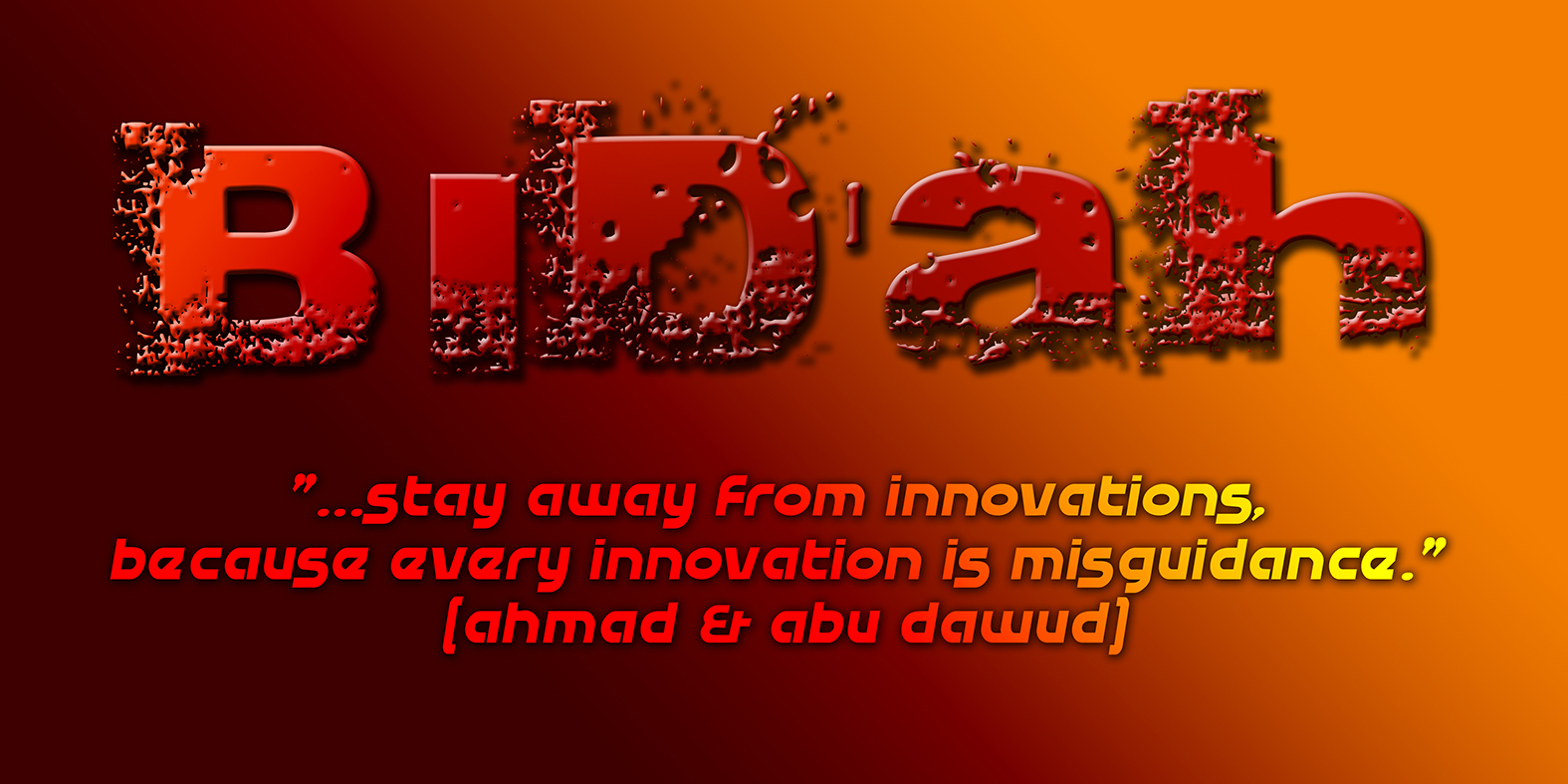










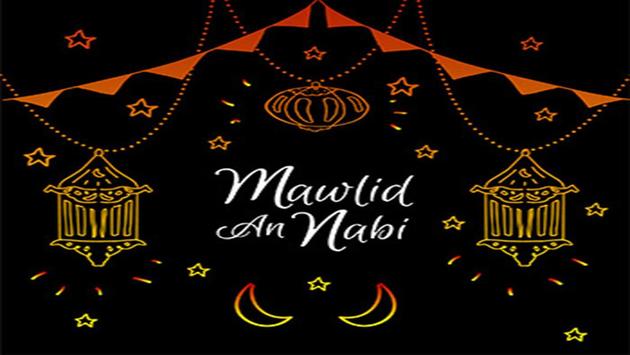









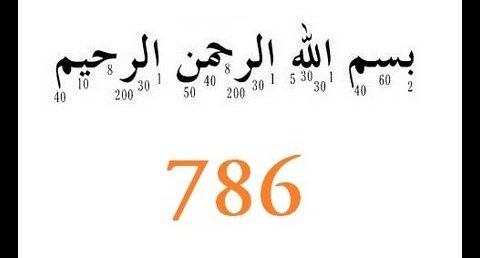



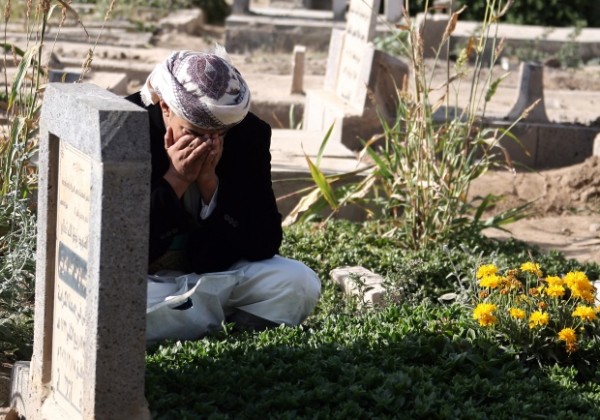


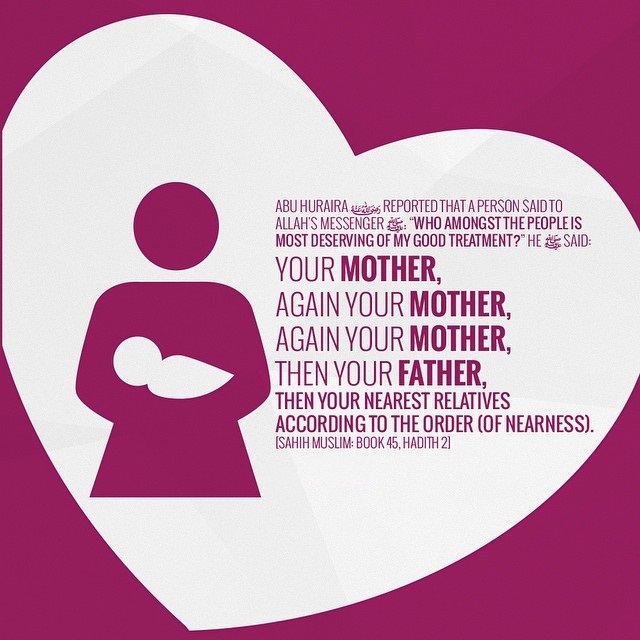



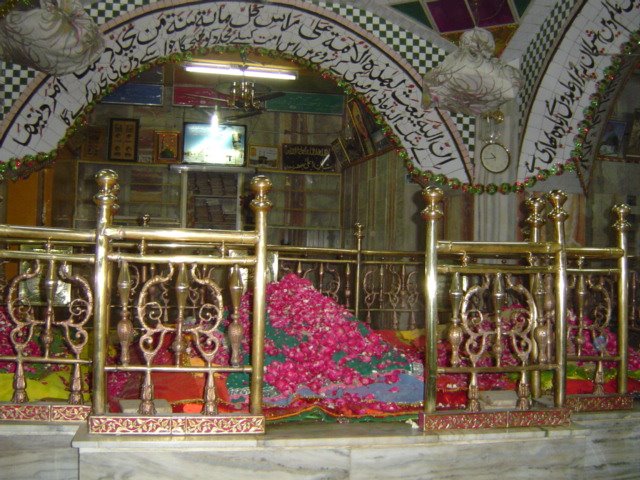



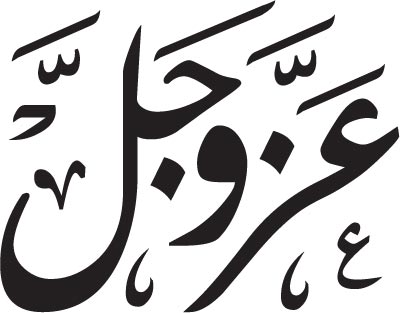
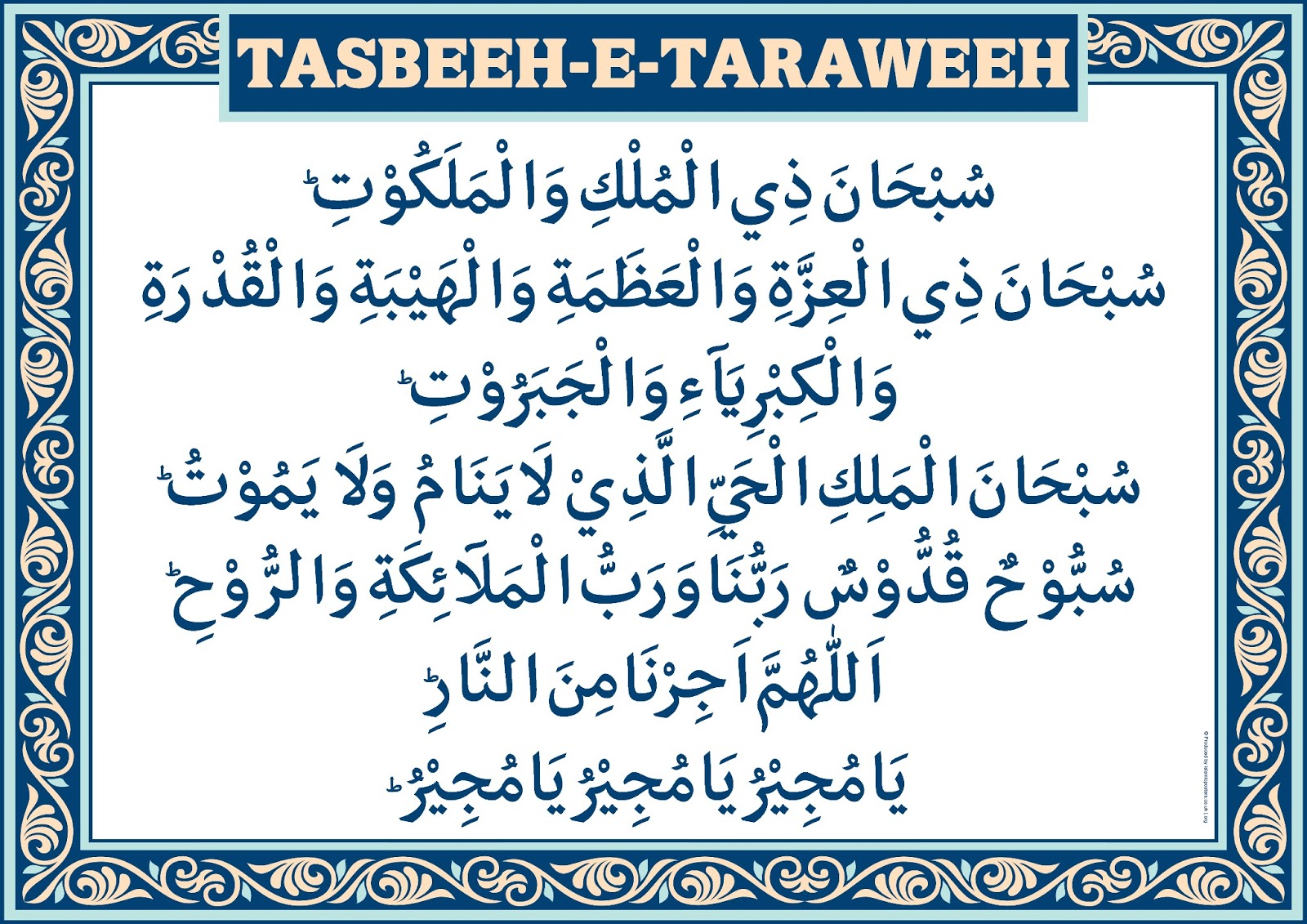

![[Q-ID0218] Can a person donate the reward of his actions to a deceased person?](https://www.seekerspath.co.uk/wp-content/themes/hueman-pro/assets/front/img/thumb-medium-empty.png)



















